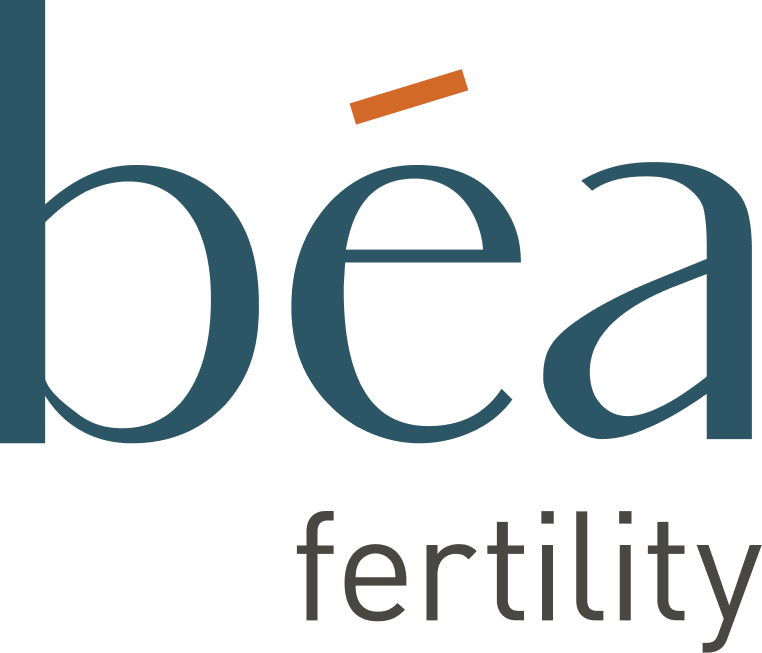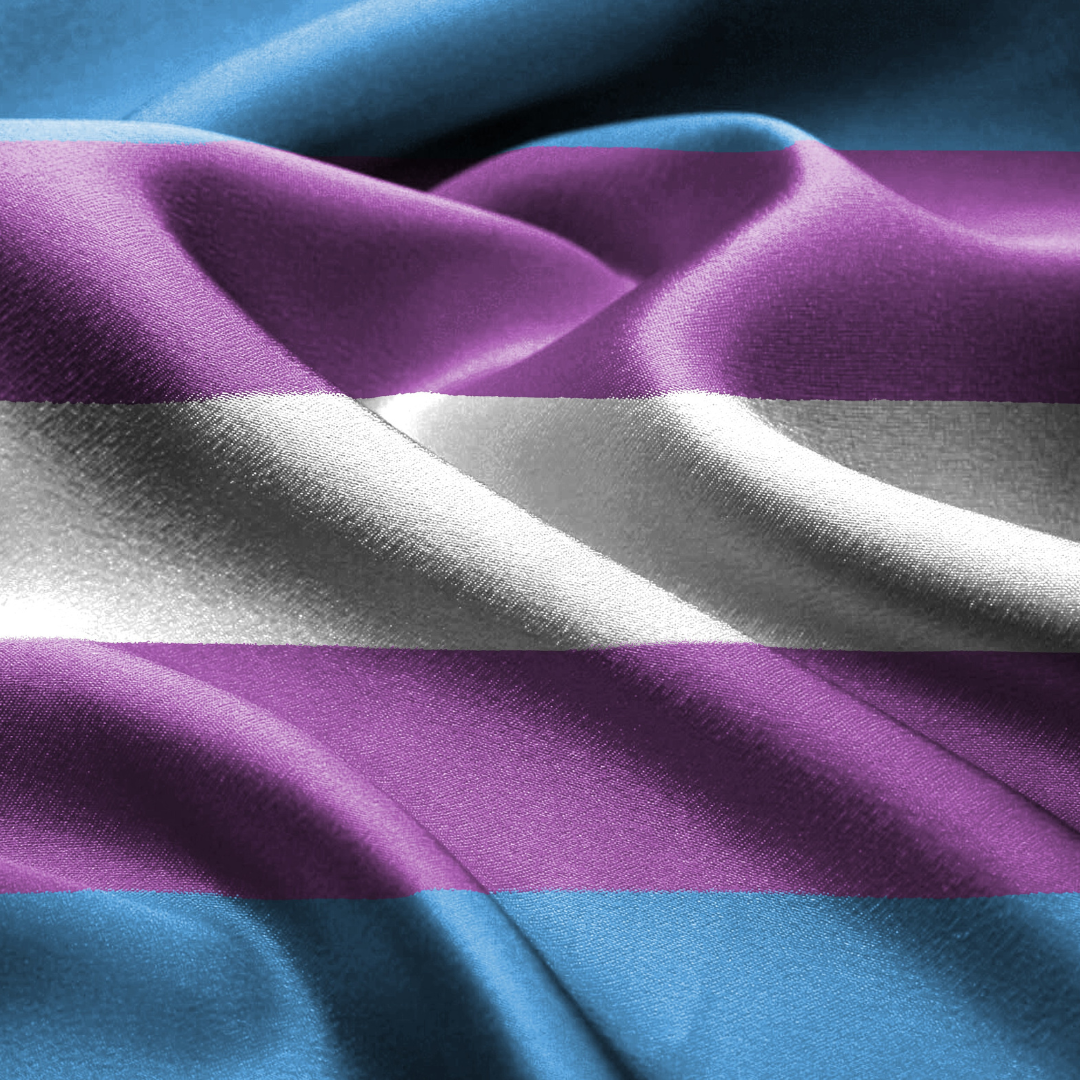Match 31st is International Transgender Day of Visibility, an annual celebration of transgender and non-binary people. Raising awareness about the massive level of discrimination, violence and daily challenges transgender people still sadly face, while celebrating their contribution to society.
We know we're probably not the best people to comment on discrimination so instead, we're going to focus on family-forming options for transgender and non-binary people. (If you want gorgeous prose on the complexities of discrimination written by people who really know what they're talking about, we've put links to some of the Béa Team's favourite pieces at the bottom of this email for you).
Planning ahead
If you are currently taking hormones while undergoing gender transition, or you are about to, it can add another level of complexity when it comes to fertility treatments. Some hormone therapies or surgeries may have an impact on your future fertility and it’s important to know what options are available to you if you’re thinking of having children in the future.
Preserving your future fertility
When we write it down, preserving your fertility can look fairly simple (there are only two bullet points below) but it's important to get the ball rolling early so you have all the information you need nice and early.
| For Trans Men: | For Trans Women: |
| ➡️ Freezing eggs ➡️ Freezing ovarian tissue |
➡️ Freezing sperm ➡️ Freezing testicular tissue |
Ready to have children?
If you have frozen eggs, sperm or tissue stored at a fertility clinic, you can use them in a fertility treatment to have children. This will likely be through IVF (in vitro fertilisation) and treatment pathways will differ depending on whether you wish to carry a pregnancy yourself or you decide to have a partner or surrogate carry the pregnancy.
Hormonal therapies
Oestrogen and testosterone therapies can change your physical appearance but they can also have an impact on your fertility, so you may need to stop your hormone therapy for fertility treatment. For some people, fertility can be restored when they stop their hormone therapy, although it’s not a guarantee.
Along with physical changes, you may experience hormonal changes such as mood swings. These changes may trigger gender dysphoria. This can be particularly upsetting as gender dysphoria is often something many people may have struggled with a lot before having access to hormone therapy.
In order to get the best support possible when proceeding with fertility treatment, it’s important to be open with your care team – your GP, gender identity clinic, fertility specialists and counsellors.
If you want children but don’t have frozen sperm or eggs
Unfortunately, many people are not offered the choice to preserve their fertility before undergoing gender reassignment procedures, but there are still other family-forming options. You can have fertility treatments as a single parent or with a partner using donor eggs or donor sperm, or you can explore adoption routes.
Additional Support
Having children may not be on your mind right now, but it could be helpful to discuss the topic with other trans people who have been in your position. The Gender Identity Clinic can discuss fertility with you and your family members should you wish.
Articles the Béa team love
🌈 Fair HQ | 5 Actions That Really Make a Difference to Your Trans Employees
🌈 Mermaids | Visibility is the beginning, liberation is the goal
🌈 Stonewall | Trans Visibility: A Global Perspective



Share:
Secondary Infertility: the struggle of being the elephant in the room
The 'ideal' fertility diet